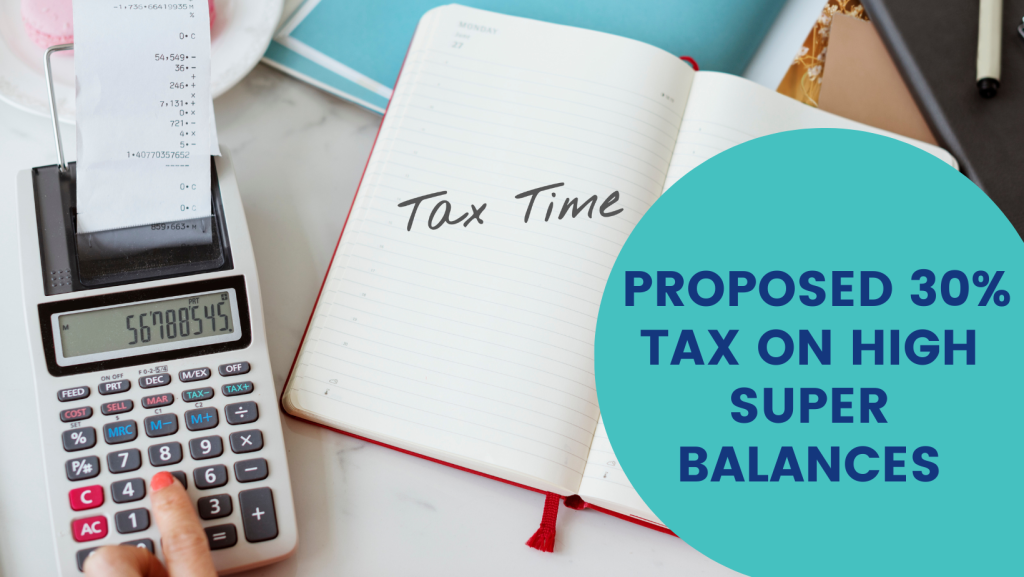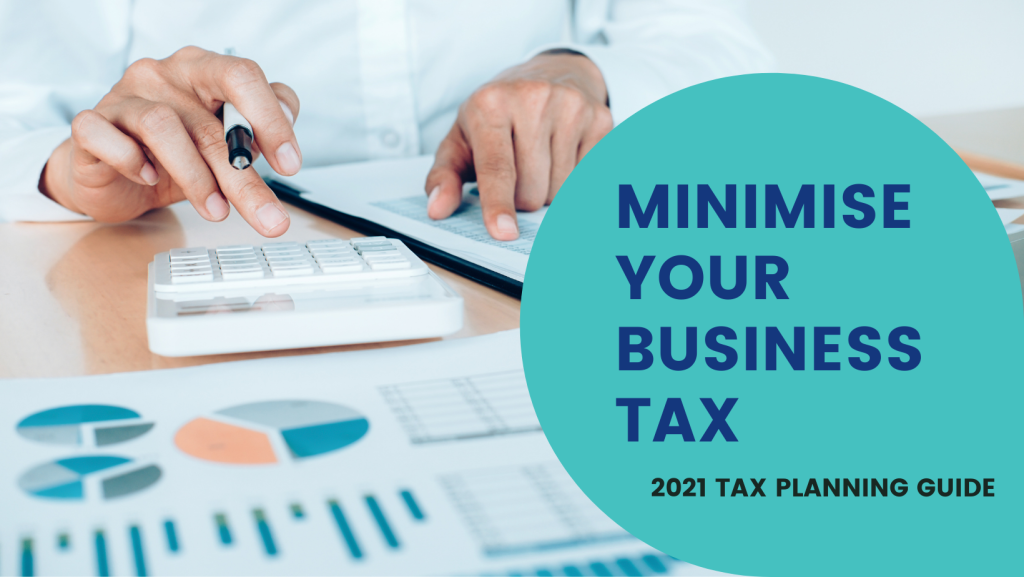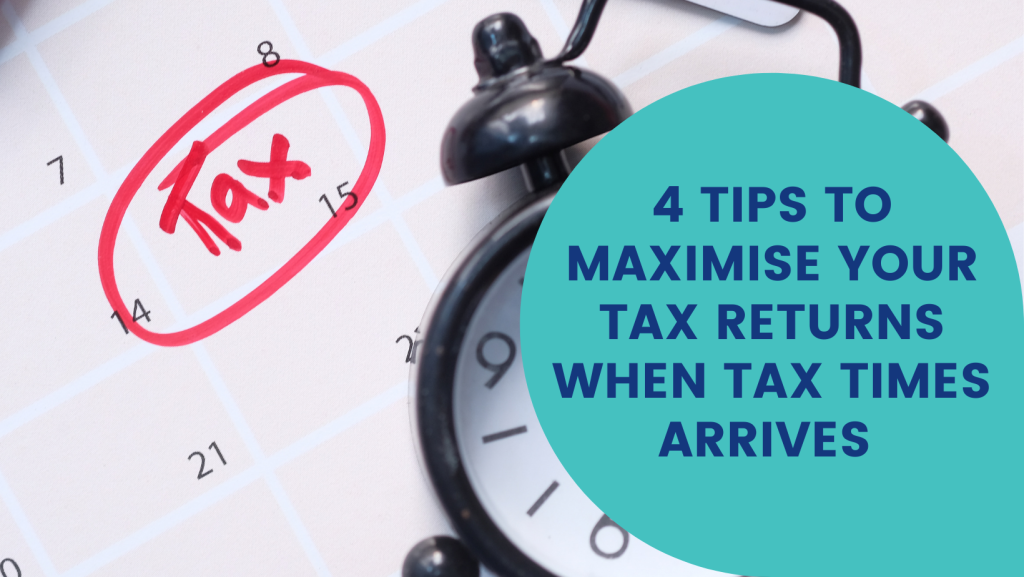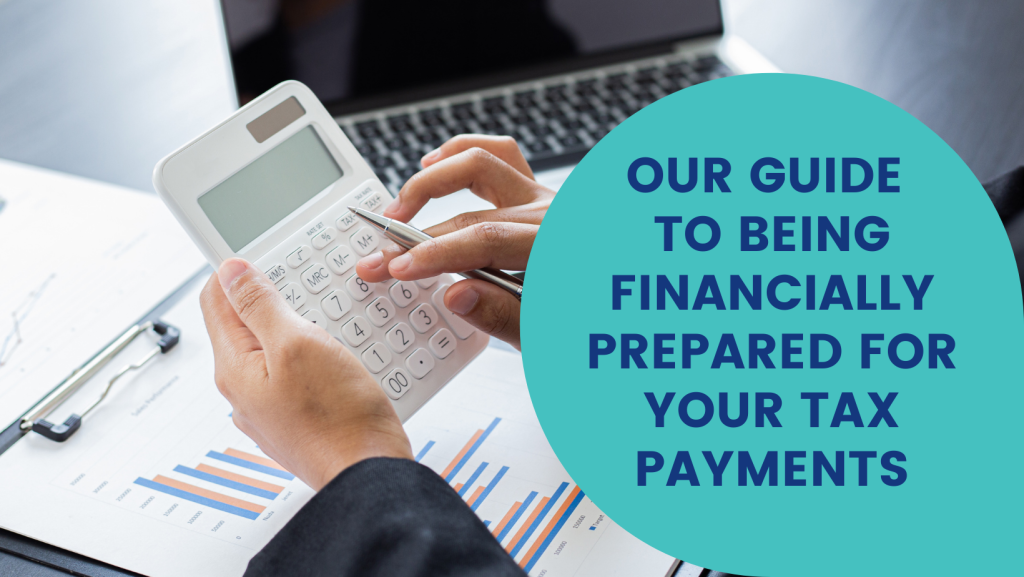Proposed 30% Tax on High Super Balances
The government proposes a 30% tax on high super balances, as announced on February 28, 2023. Starting from July 1, 2025, any superannuation balances above $3 million will be subject to a concessional tax rate of 30% on future earnings. It’s important to note that this proposal has not yet been enacted into law.
This means that individuals with total super balances over $3 million will pay a higher tax rate of 30% on their earnings above the $3 million threshold from the 2025-2026 FY. It’s important to note that this proposal has not yet been enacted into law. As additional information emerges, certain aspects are expected to become more clear, while others may undergo changes during the course of the consultation process.
At present, during the accumulation phase, as you continue to work and contribute funds to your superannuation account, any income generated from your investments in the account is subjected to a 15 per cent tax rate. However, under the proposed modifications, the tax rate on earnings for balances exceeding $3 million in superannuation will increase to 30 per cent.
Additional discussions will take place with the superannuation sector and other pertinent parties.
How will the proposed tax affect you?
A promising proposed tax on high super balances is set to begin in 2025 following the next federal election. Approximately 80,000 people will be impacted by this plan which if all goes according to projections could generate a combined total of $5.2 billion over five years – giving those with super accounts more financial freedom and security. In short, it could signal a step in the right direction financially should projections pan out as hoped.
In an effort to improve budget revenues and ensure those with higher balances pay more tax, this significant change could have significant implications for many people, so it’s important that you understand what is proposed, who it affects, and how you may be able to take advantage of this new ruling.
By taking advantage of these significant tax concessions, you’ll have more money in your super fund and be prepared for a bright financial future come retirement time.

How is Your Super Taxed?
Typically, the funds you contribute to your superannuation account and the returns you generate from your investments within the account are subject to taxation at a reduced rate compared to your ordinary earnings.
The government provides tax incentives to reward savers for planning ahead and ensuring they have enough money secured when it’s time to retire.
There are three instances where you may be subject to taxation in relation to your superannuation:
- on the funds you contribute to the account;
- on the returns you receive from your investments within the account;
- or on the withdrawals you make from the account (usually, retirees are exempt from taxation in this regard).
What are other considerations concerning the proposed tax?
The approach for implementing the proposed tax on high super balances remains unclear, especially in cases where individuals possess accounts in multiple super funds or a mix of accumulation and pension accounts. It is possible that the government plans to administer the extra tax similarly to the supplementary contributions tax imposed on high-income earners.
This mechanism involves the Australian Taxation Office (ATO) informing the member of the additional tax payable and necessitates the member nominating the source of the payment for the tax, which is subsequently communicated to the designated super fund.
What is expected to happen?
Legislation will soon be introduced into parliament by the federal government. As indicated by the treasurer, the government will also engage in additional discussions with representatives from the superannuation industry and other interested parties.
It is anticipated that the amendments to the proposed tax on high super balances will take effect from mid-2025.
Key Points
- Starting from July 1, 2025, any superannuation balances above $3 million (per member level) will be subject to a concessional tax rate of 30% on future earnings.
- Any income generated from your investments in the account is subjected to a 15 percent tax rate. However, under the proposed modifications, the tax rate on earnings for balances exceeding $3 million in superannuation will increase to 30 percent.
- It is anticipated that the amendments will take effect from mid-2025.
Conclusion
Contributing to your superannuation account and generating returns from investments can provide long-term rewards while also helping you maintain high balances when you’re ready to retire. So it’s smart to start planning ahead and make use of the government’s tax incentive rewards – this will ensure you have enough security for your golden years.
The team of SMSF Accountants at Wardle Partners Accountants & Advisors can greatly help you in navigating the complexities of superannuation taxation and compliance requirements, ensuring that you are adhering to relevant regulations and taking advantage of any tax benefits available to you.
If you are looking to get personalised advice on contributions, investments, and withdrawals to optimise your superannuation strategy and maximise your retirement savings or if you want to learn more about the proposed tax on high super balances, call us today and schedule an appointment with us.





